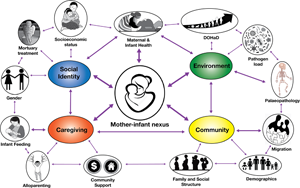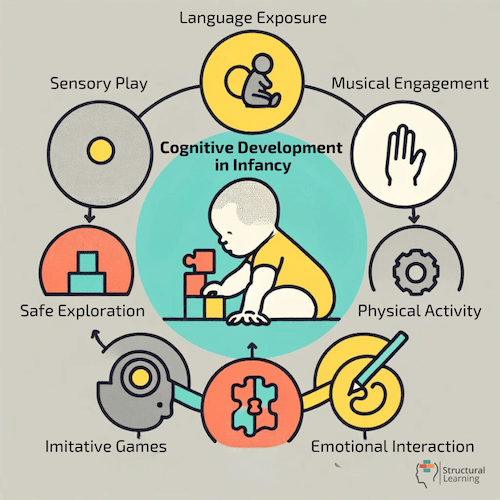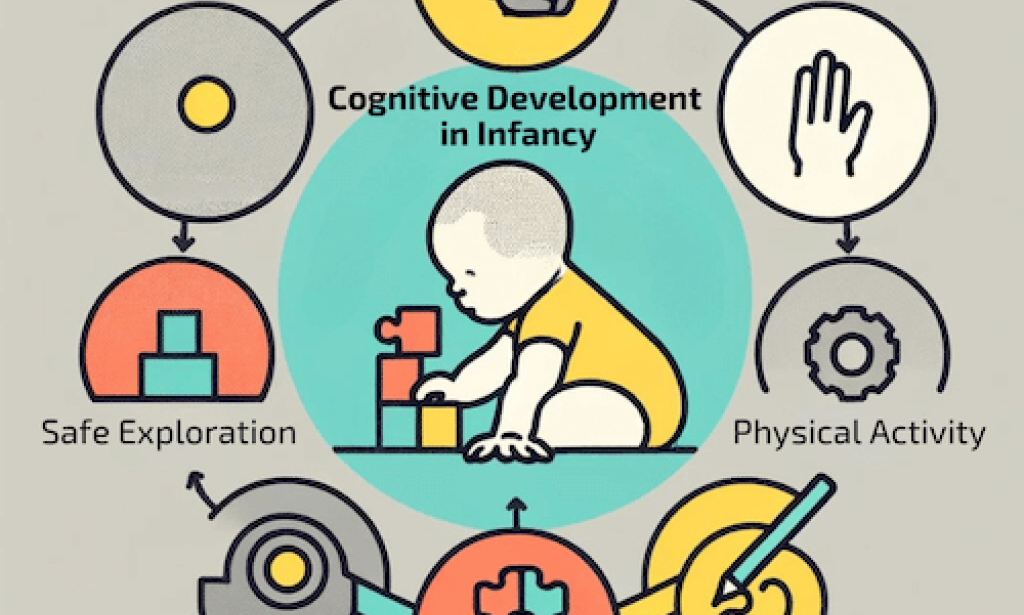When it comes to gauging the cognitive prowess of newborns, conventional testing methods often fall short, failing to capture the intricate nuances of neonatal intelligence. In this thought-provoking discussion, we shalldelve into why babies are not that smart yet have remarkable natural abilities that set them apart from their animal counterparts.

It is Difficult to Test an Infant's Intelligence
Evaluating the mental acuity of neonates is a formidable task, replete with unique challenges. Unexpected behaviors, such as the startle or rooting reflex, can interfere with traditional testing protocols. Moreover, infants' limited attention span and communication abilities further compound the difficulties. Unconventional methodologies, however, offer a fresh perspective, enabling researchers to navigate these hurdles and unravel the enigmatic depths of neonatal intellect.

Natural Abilities of Newborn Animals vs. Human Infants
Newborn animals exhibit an array of astonishing natural abilities that far outshine their human counterparts. From the precocial behaviors of ungulates, which allow them to stand and run mere hours after birth, to the innate swimming prowess of aquatic mammals, the discrepancy between animal and human neonatal capabilities is striking. This dichotomy underscores the importance of tailoring intelligence testing methods to the unique developmental trajectory of human infants.
The Obstetric Dilemma of Human Development
Human babies are born relatively undeveloped compared to other animals, a phenomenon attributed to the obstetric dilemma theory. This hypothesis posits that the conflicting demands of accommodating a massive human brain and a narrow birth canal have resulted in a trade-off, necessitating the birth of underdeveloped infants. This developmental constraint has profound implications for neonatal intelligence testing, as the metabolic demands and small brain size at birth shape the cognitive abilities of newborns.

Parental Care & Human Intelligence
The evolution of human intelligence inextricably links to the phenomenon of parental care. Theories such as the Expensive Tissue Hypothesis (EGG) suggest that extended parental support and investment facilitated the development of larger, more energy-demanding human brains. Thus, this prolonged nurturing and provisioning of resources enabled the growth of cleverer offspring, contributing to the rich tapestry of human cognitive abilities we witness today.
The Nature of Human Traits and Intelligence
Human intelligence and traits are not monolithic constructs; rather, they are complex. From the unique social abilities that enable infants to forge intricate bonds and communicate through nonverbal signals to the extended period of parental care that nurtures cognitive development, the influences on neonatal intelligence are multifaceted. By embracing this complexity, unconventional testing methodologies can capture the holistic essence of neonatal cognition.
Unraveling the enigma of neonatal intelligence requires a shift of society's world view; one that transcends the boundaries of traditional testing methods and embraces the intricacies of human development and evolution.



You must be logged in to post a comment.